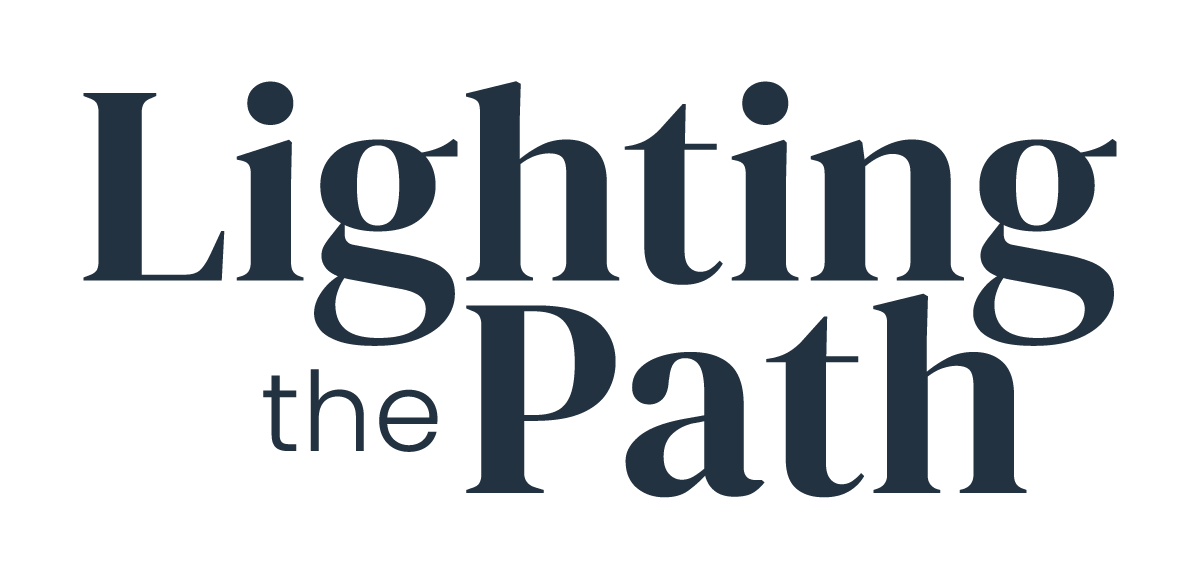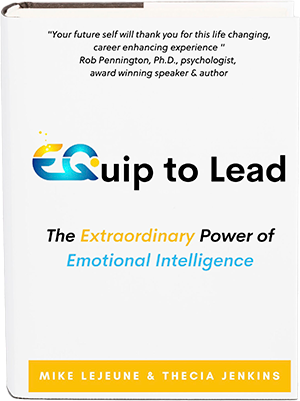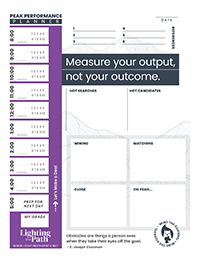Have you ever found yourself wanting to discuss the leadership traits of someone and wanted a different way of approaching the subject? How about trying to find out if someone is a lone ranger or works well in a team setting? Do they lead the team or get excited about being part of a collaborative effort in competitive situations?
Is this a wolf in sheep’s clothing?
I have found a simple question that opens opportunities to better understand thought processes and confidence levels when we are interviewing.
Going back over your past experiences, if you were to pick a time, place or event where have you excelled, what would it be?
Let’s look at possible scenarios that provide views into thought patterns and response mechanisms:
1. We instead of I excelled.
Being a part of a winner team has great value. Be sure what their specific contribution is. Earlier in my career, I mistakenly hired someone who helped their sorority raise more money than any other in school history. She described the calls that were made, the number of donors they contacted along with the reception their team received. When she had a difficult time initiating calls or operating outside of her comfort zone, I was perplexed. As we sat down to review her role and the obstacles she wrestled with, I realized they were mostly in her mind. I tried to draw a correlation with her college project and found her role was calling donors to confirm the pledge and make arrangements for collections. Her role was to follow up, not initiate.
I now listen carefully for the use of we and will interrupt back asking where they specifically excelled. This is the single most difficult reference point to listen for. You have to listen carefully for words to make sure your definition fits theirs.
2. I hung the moon.
Do they give credit to anyone else in supporting their efforts? What was their interaction with the leadership team, peers, or support team. Too much ego here (unless you are hiring a business development rainmaker) will offer challenges in molding into a team atmosphere.
3. The point in time selected is ancient past.
Interviewing someone for a key manager role, multiple years of experience who still loves to talk about being the quarterback of the championship high school football can reveal someone who still relishes past glory. Time to grow up.
4. Uses “we” to define how the team excelled.
This is not a contradiction to the second point. This could offer information on how well someone utilizes team to work on projects or solve problems. Dig into how much time was spent exhibiting the traits you are looking for.
5. Do they answer with excitement or enthusiasm?
If you are hiring for customer service and maybe project lead or support, you need a cheerleader. I have found that if someone can’t get excited about their past, they will have a difficult time generating energy by working through others.
6. Do they have a difficult time in producing a meaningful answer?
It doesn’t mean they shouldn’t be hired. Now more than ever we need to look for people who can confidently talk about themselves in a positive light. Self esteem is required in more situations than just our sales team. Our accounting department is made of incredible talent, all who competently gave examples of excelling in meeting deadlines, taking on special projects and recognition for outstanding performance that increased responsibilities. Deadline oriented responsibilities require that someone have the confidence to raise questions, probe for answers and not be afraid. I love the fire in their eyes as they tackle unexpected questions from me that are time sensitive and could throw their momentum off. The self worth demonstrated in each of their interviews gave me confidence they would pursue the results that they were charged with.
It is easier to watch someone perform on the job, then make a determination of the heart they bring to your organization. While some have better interviewing skills than others, when we move away from standard interview questions like “what are your strengths or weaknesses” or “what did you like in your last job”, our chances of hiring excellence or leadership drastically increases.




